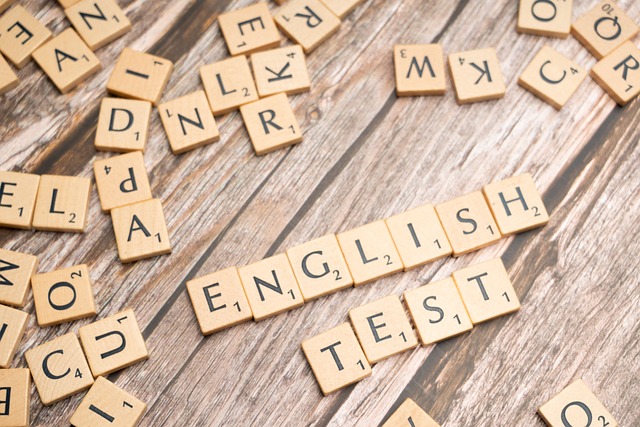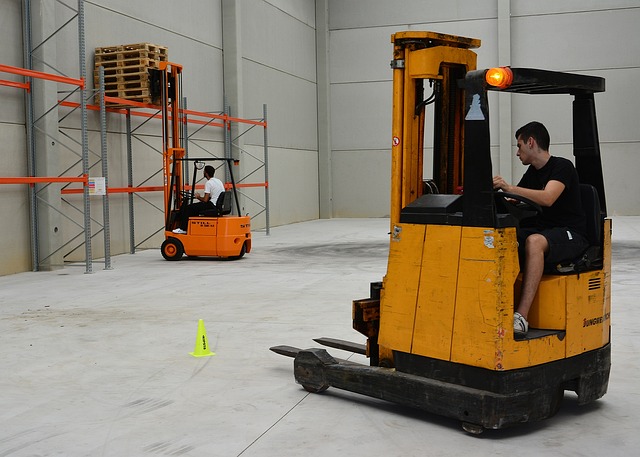Aptitude is inherent potential for learning, while ability is developed proficiency in performing a specific skill or task through practice and experience.
TL;DR Aptitude Vs. Ability
Aptitude refers to inherent or natural talent, while ability refers to acquired skills through learning and experience.
Aptitude provides a foundation for success, it is not enough on its own. Education plays a vital role in developing both aptitude and ability. Through education, individuals can enhance their existing talents and acquire new skills, enabling them to reach their full potential.
What is Aptitude?

Aptitude is a natural or inherent potential for learning or acquiring certain skills. It represents an individual’s ability to excel in specific areas without extensive prior experience. Think of it as a talent waiting to be discovered and nurtured. Unlike skills acquired through practice, aptitude is often present from birth and can manifest in various domains such as mathematics, language, music, or spatial reasoning.
Discovering one’s aptitude involves recognizing patterns of interest, strengths, and quick learning in specific subjects. For instance, someone with a natural aptitude for mathematics might find solving complex problems easier than others, even without formal training.
Understanding and developing aptitudes can guide individuals toward careers or activities where they can naturally excel and enjoy the process. While aptitude lays the groundwork, honing it into a skill requires practice, experience, and learning. Recognizing and embracing one’s aptitude can empower individuals to explore and excel in areas aligned with their inherent strengths and interests.
What is Ability?

Ability refers to the developed proficiency or skill in performing specific tasks or activities through practice, learning, and experience. Unlike aptitude, which is inherent potential, ability is the outcome of dedicated effort and acquired knowledge. Imagine it as a muscle that strengthens with consistent exercise. Individuals can build their abilities in diverse areas such as sports, music, academics, or artistic pursuits.
The process of developing abilities involves persistent practice, gaining knowledge, and refining techniques. For example, someone with a musical ability might learn to play an instrument through regular practice and formal training. Abilities are dynamic and can evolve over time with continuous effort and exposure to new challenges.
Recognizing and nurturing abilities requires a growth mindset, embracing the idea that skills can be cultivated through dedication and learning. Whether it’s excelling in a sport, mastering a musical instrument, or becoming proficient in a particular subject, abilities showcase the outcomes of one’s hard work, determination, and commitment to improvement. Encouraging a growth mindset empowers individuals to believe in their capacity to develop new skills and overcome challenges, fostering a lifelong journey of learning and achievement.
Aptitude Vs. Ability – Key differences
| Characteristic | Aptitude | Ability |
|---|---|---|
| Definition | Natural potential for learning | Developed proficiency in specific skills |
| Inherent or Acquired | Inherent, often present from birth | Acquired through practice and experience |
| Nature | Talent or potential waiting to be discovered and nurtured | Outcome of consistent effort and learning |
| Examples | Innate musical talent, quick math skills | Playing a musical instrument, athletic prowess |
| Development | May or may not be developed depending on exploration and guidance | Developed through continuous practice and learning |
| Foundation | Lays the groundwork for potential success | Represents the realized capacity for performance |
| Static or Dynamic | Can remain relatively static if not recognized or developed | Dynamic and can evolve with continuous effort and learning |
| Guidance | Useful in guiding individuals toward areas of interest | Requires intentional effort, guidance, and learning to reach full potential |
The Role of Education in Developing Aptitude and Ability
Education plays a vital role in developing both aptitude and ability in individuals, providing them with opportunities to discover their innate talents and acquire skills through learning and practice.
Developing Aptitude:
Exploration: Education exposes students to a variety of subjects and activities, allowing them to explore and identify areas where their natural talents or aptitudes lie.
Guidance: Teachers and mentors play a crucial role in recognizing and nurturing students’ innate potential, offering guidance on how to enhance their aptitudes.
Diverse Learning: A well-rounded education encourages diverse learning experiences, helping students uncover hidden talents and strengths they may not have been aware of initially.
Developing Ability:
- Skill Acquisition: Education provides the foundation for skill development by offering structured learning environments and resources, enabling students to acquire and enhance their abilities.
- Practice and Application: Through assignments, projects, and hands-on activities, education offers opportunities for students to practice and apply what they learn, reinforcing their abilities.
- Feedback and Improvement: Continuous feedback from teachers and peers in an educational setting supports students in identifying areas for improvement, guiding them toward honing their abilities.
Integration of Aptitude and Ability:
- Holistic Approach: Education encourages a holistic approach, recognizing the interplay between aptitude and ability. It emphasizes both leveraging natural talents and developing skills through deliberate effort.
- Individualized Learning: Tailored educational approaches, such as differentiated instruction, allow educators to address students’ diverse aptitudes and abilities, fostering personalized growth.
Education serves as a catalyst for the development of both aptitude and ability. By offering a diverse and supportive learning environment, education empowers individuals to discover their innate strengths, acquire new skills, and realize their full potential.
How to Identify Your Personal Aptitudes and Abilities
Self-Reflection:
- Interests: Take note of activities or subjects that genuinely interest you. What do you enjoy doing in your free time?
- Passions: Identify areas that evoke a sense of passion or excitement. What topics or activities make you feel energized?
- Strengths: Reflect on tasks where you feel confident and perform well. What are your natural strengths?
Try Various Activities:
- Extracurriculars: Join clubs, sports, or arts-related activities at school. Experimenting with different activities can help uncover hidden talents.
- Volunteer: Engage in volunteer work or community service. It exposes you to diverse experiences and allows you to discover your strengths.
Feedback from Others:
- Teachers and Mentors: Seek feedback from teachers, mentors, or family members. They can provide valuable insights into your strengths and areas where you excel.
- Peers: Discuss your interests and activities with friends. They may notice abilities or aptitudes that you might overlook.
Career Exploration:
- Research Careers: Explore various careers to understand the skills and aptitudes they require. Consider which align with your interests and abilities.
- Job Shadowing: If possible, shadow professionals in different fields to get a firsthand experience of various careers.
Personality Assessments:
- Online Tools: Use age-appropriate online personality assessments designed for students. These tools can provide insights into your preferences, strengths, and potential career paths.
Keep a Journal:
- Record Experiences: Maintain a journal to record your experiences, achievements, and activities you enjoy. Reflecting on these entries can reveal patterns and preferences over time.
Seek Guidance:
- Talk to Adults: Discuss your interests and aspirations with teachers, school counselors, or family members. They can offer guidance and support in identifying your aptitudes and abilities.
Set Goals:
- Short-Term and Long-Term Goals: Set goals related to activities you enjoy. Working toward these goals can help you identify areas where you excel and find fulfillment.
Image Credits
Featured Image By – Miguel Á. Padriñán from Pixabay
Image 1 By – Markus Winkler from Pixabay








